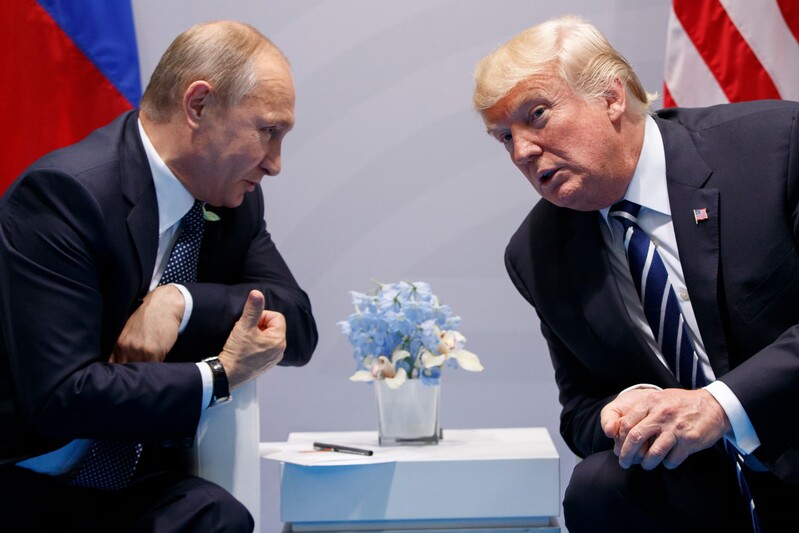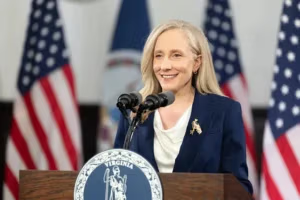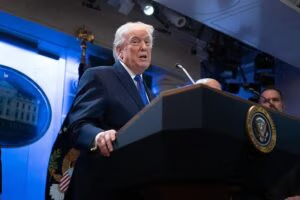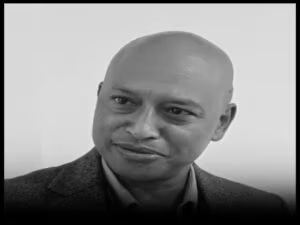As Russian President Vladimir Putin sits down for rare face-to-face talks with U.S. President Donald Trump on Friday, Ukraine and much of the world will be watching with bated breath.
The two leaders will begin their summit at 11:30 a.m. local time (3:30 p.m. ET) at the Elmendorf Richardson military base in Anchorage, Alaska. A working lunch will follow before they face the press together in what is expected to be one of the most closely watched events of the year. Observers hope, and fear, that the meeting could reveal how close, or far, the world is from ending the war in Ukraine, now in its fourth year.
“Trump wants to exhaust all options to have a peaceful end to war,” the White House stated on the eve of the Alaska summit.
Those “options” could have profound consequences, not just for a potential ceasefire, but also for Ukraine’s borders, Europe’s security, Russia’s economy, and the global balance of power.
Ukraine Watches from the Sidelines
Ukrainian President Volodymyr Zelenskyy, who has a tense history with Trump, was not invited to the summit. His absence is fueling concerns in Kyiv and across Europe that Trump might concede to Putin’s demands, allowing Moscow to keep occupied Ukrainian territory and blocking Ukraine’s NATO ambitions, in exchange for ending Russia’s military offensive.
Behind Closed Doors
The White House confirmed only this week that the talks would be a “one-on-one” meeting. The Kremlin echoed that description, saying the leaders would meet “in a tete-a-tete format” with only translators present.
“Considering that very important topics of a sensitive nature will be discussed, the list of participants in the negotiations is not big,” said Putin aide Yuri Ushakov, as translated by NBC News.
Russia’s small delegation will include Foreign Minister Sergei Lavrov, Defense Minister Andrei Belousov, Finance Minister Anton Siluanov, trade envoy Kirill Dmitriev, and Ushakov himself. Ushakov noted that the “central topic will be the settlement of the Ukrainian crisis,” along with “broader tasks of ensuring peace and security” and “pressing international and regional issues.”
Signaling a desire to reset economic ties, Ushakov also said there would be “an exchange of views… regarding the further development of bilateral cooperation, including in the trade and economic area,” adding that such cooperation has “enormous and, unfortunately, untapped potential.”
Trump Raises Expectations
Initially, the White House sought to play down the significance of the talks. Press secretary Karoline Leavitt called it a “listening exercise,” and Secretary of State Marco Rubio agreed. Trump himself described it as only a first step, hinting that a second meeting, possibly including Zelenskyy, “would have to be earned.”
But by Thursday, Trump had shifted gears. In characteristic style, he twice assured reporters that he felt a deal was “impending.”






